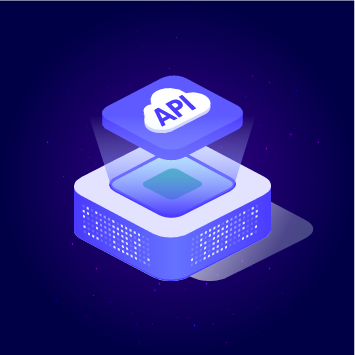The sweet pursuit of climbing the search engine ladder! But wait—what’s this? Your competitors are zooming past you like they’ve got jetpacks, and you’re stuck in SEO quicksand. Fear not, my friend. The secret weapon you didn’t know you needed is a trusty proxy IP. Yep, that’s right. Let’s dive into how to pick the right one and give your website ranking the glow-up it deserves. First Things First: What Even Is a Proxy IP? Think of a proxy IP as your internet disguise. It’s like putting on a wig and sunglasses to sneak into the VIP section of the web. Proxies let you surf anonymously, scrape data without getting banned, and manage multiple accounts like a digital ninja. But not all proxies are created equal, so let’s talk about how to find *the one*—your proxy soulmate. 1. Residential vs. Datacenter Proxies: The Battle Royale Residential proxies are like borrowing your neighbor’s Wi-Fi (but legally). They’re connected to real devices, making them super stealthy. Datacenter proxies, on the other hand, are like those flashy sports cars—fast but occasionally suspicious. If Google suspects you’re using datacenter proxies, they might slap you with a CAPTCHA faster than you can say “404 error.” Pro Tip: If you’re doing heavy-duty SEO tasks like scraping search results, residential proxies are your best bet. They’re sneaky but classy. 2. Speed Matters (But Don’t Be Greedy) Sure, we all want blazing-fast internet, but don’t forget: with great speed comes great responsibility. A proxy that’s too fast might look suspicious to search engines. On the flip side, a slow proxy will have you pulling your hair out while waiting for pages to load. Solution?Test the waters with a provider that offers adjustable speed options. Balance is key—like eating just enough pizza to feel happy but not regretful. 3. Rotating Proxies: The Chameleons of the Internet Ever felt like you needed to be in ten places at once? Rotating proxies have got you covered! They switch IP addresses automatically, making it nearly impossible for websites to track your activity. It’s like having multiple passports—but without the awkward customs interrogations. Use rotating proxies for tasks like keyword research and competitor analysis. You’ll be flying under the radar like a pro spy. 4. Avoid the Freebies (Unless You Enjoy Pain) I get it—free stuff is tempting. But free proxies are like gas station sushi: risky and likely to leave you regretting your choices. They’re often unreliable, slow, and potentially crawling with malware. Invest in a reputable proxy provider instead. Your website ranking will thank you, and so will your sanity. 5. Check for Geo-Targeting Options Want to rank high in France? Or maybe dominate the Australian market? Choose proxies that let you target specific locations. This way, search engines will think you’re a local hero instead of some random outsider trying to crash the party. Final Thoughts: Don’t Overthink It (But Also Do) Picking the right proxy IP is like choosing the perfect avocado—it takes some trial and error, but when you find *the one*, it’s magic. So go forth, my SEO warrior, and conquer those rankings with your new proxy-powered superpowers. Just remember: no free sushi, keep it stealthy, and always rotate like a DJ at a dance party. Now go crush it!
2025-02-17





